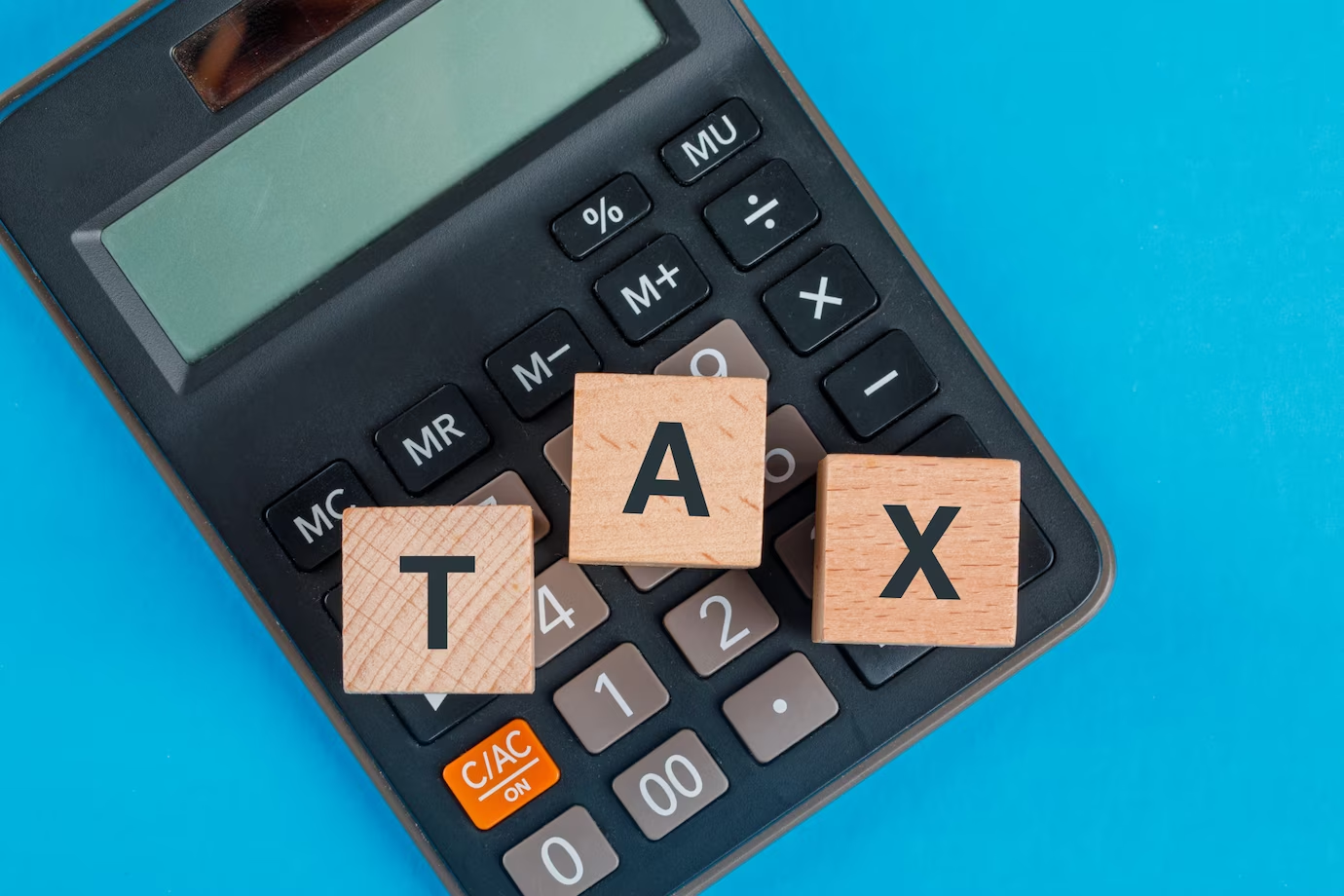How to Pay Tax on Sport Betting

If you're a fan of sports betting, it's important to understand how to pay taxes on your winnings. The rules vary depending on what country you live in, so it's important to know the specifics. In this article, we'll outline the tax laws for major countries around the world. We'll also provide tips for keeping track of your wins and losses so that you can stay compliant with the law. So, whether you're a master or just starting out, read on for everything you need to know.
Why is paying tax on betting so important?
The simple answer is that it's the law. In most countries, any money that you earn from gambling is considered taxable income. You need to declare it on your annual tax return. If you don't comply with these rules, you may be fined or incarcerated.
Of course, paying taxes on your winnings is also necessary for another reason. Gambling is considered a high-risk activity, which means that the government wants to discourage people from doing it. By taxing winnings, the government is able to discourage gambling while still collecting revenue from those who continue to do it.
Finally, paying taxes on your winnings is essential for the sport integrity. If people were able to gamble without paying taxes, it'd create an uneven playing field. The government wants to make sure that everyone is on a level playing field, so they tax winnings.
How is tax calculated on sports betting?
The amount of tax that you owe on your winnings depends on a few factors, including the country in which you live and the amount of money you've won. In most cases, the tax rate is a percentage of your winnings.
For example, in the United States, the federal tax rate on gambling winnings is 25%. That means that if you win $100 from sports betting, you'd owe $25 in taxes. State tax rates vary, but they're typically between 0% and 20%. So, if you live in a state with a 20% tax rate, you'd owe an additional $20 in taxes, for a total of $45.
In the United Kingdom, the tax rate on gambling winnings is also a percentage of your winnings. However, the tax rate is much lower than it's in the United States. The tax rate on gambling winnings in the UK is just 15%. So, if you won £100 from sports betting, you'd owe £15 in taxes.
What are the tax laws for major countries around the world?
Let's take a look at the tax laws for some of the gambling countries around the world:
- United States. As we mentioned earlier, the federal tax rate on gambling winnings in the United States is 25%. However, some states have no tax on gambling winnings, while others have a tax rate of up to 20%. So, be sure to check the laws in your state before you start gambling.
- United Kingdom. The tax rate on sports betting in the United Kingdom is 15%. This means that if you win £100 from sports betting, you'll have to pay £15 in taxes.
- Australia. In Australia, the tax rate on gambling winnings is 20%. If you win $100 on a sports bet, you'll be required to pay $20 in taxes.
- Canada. The tax rate on gambling winnings is 50%. As a result, if you win $100 playing sports betting, you'll have to pay $50 in taxes.
- France. Gambling winnings are taxed at a rate of 20% in France. So, if you win €100 from sports betting, you'll be required to pay €20.
- Germany. Gambling winnings are taxed at a rate of 25%. Winnings below €600 are tax-free.
As you can see, the tax laws for gambling vary from country to country. Be sure to check the laws in your country before you start gambling. If you don't know how to pay taxes on your winnings, be sure to seek professional help.
Tax laws related to sports betting can be complicated, but it’s essential to stay compliant with the law. By understanding the laws in your country, you can ensure that you’re paying the right amount of taxes on your winnings. If you have any questions, please ask them in the comments below and we'd be glad to help!